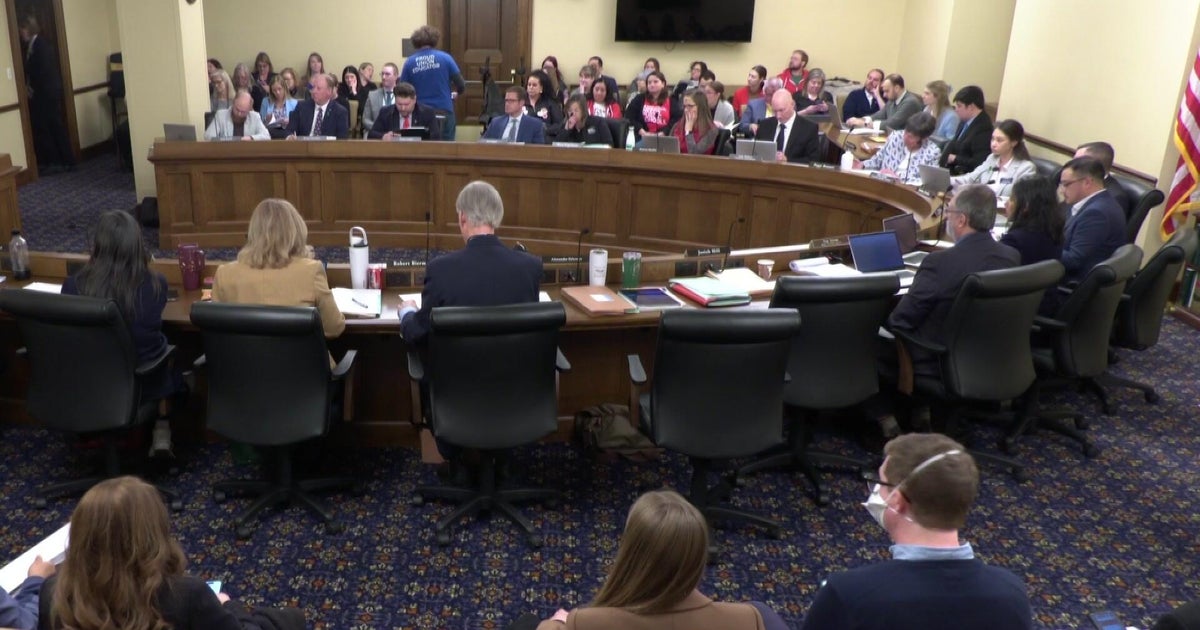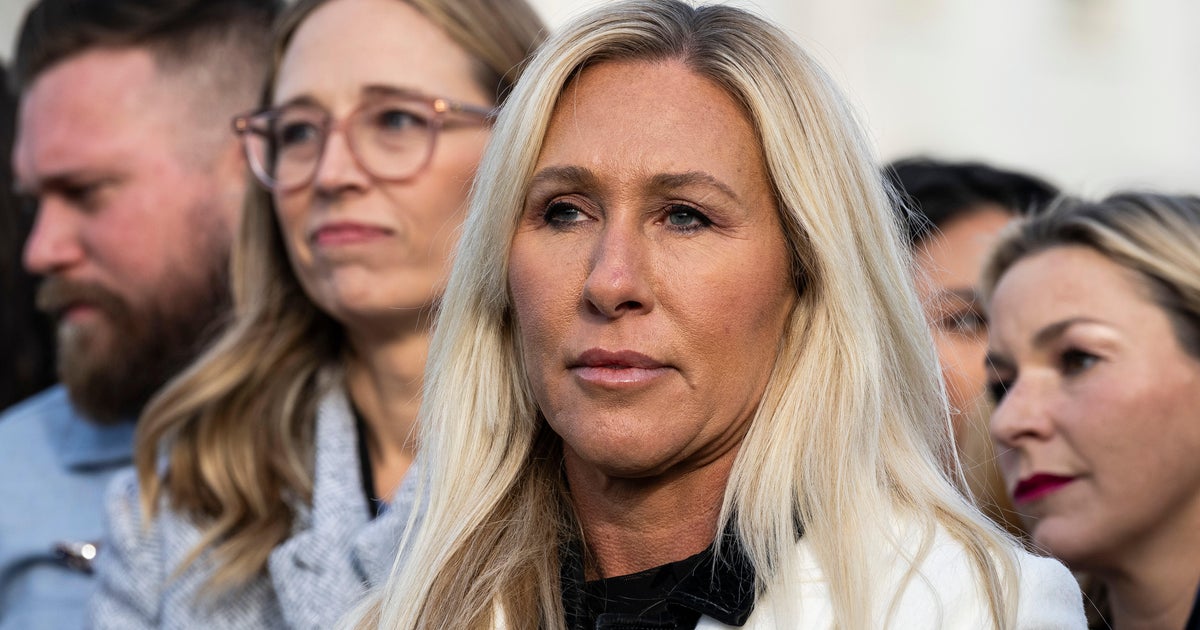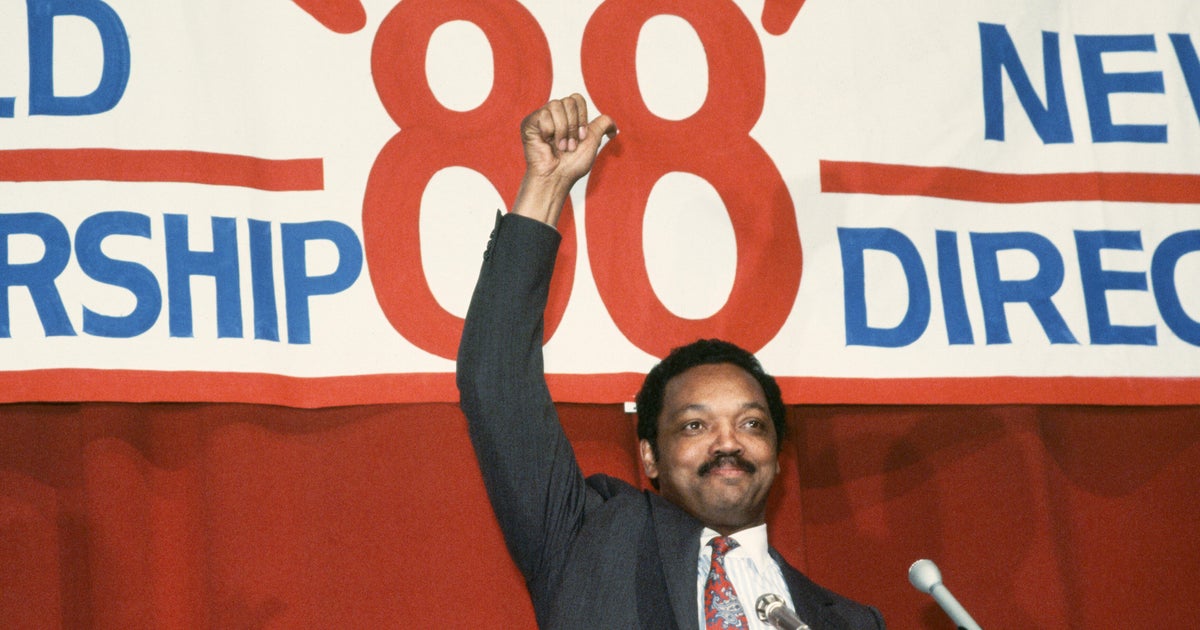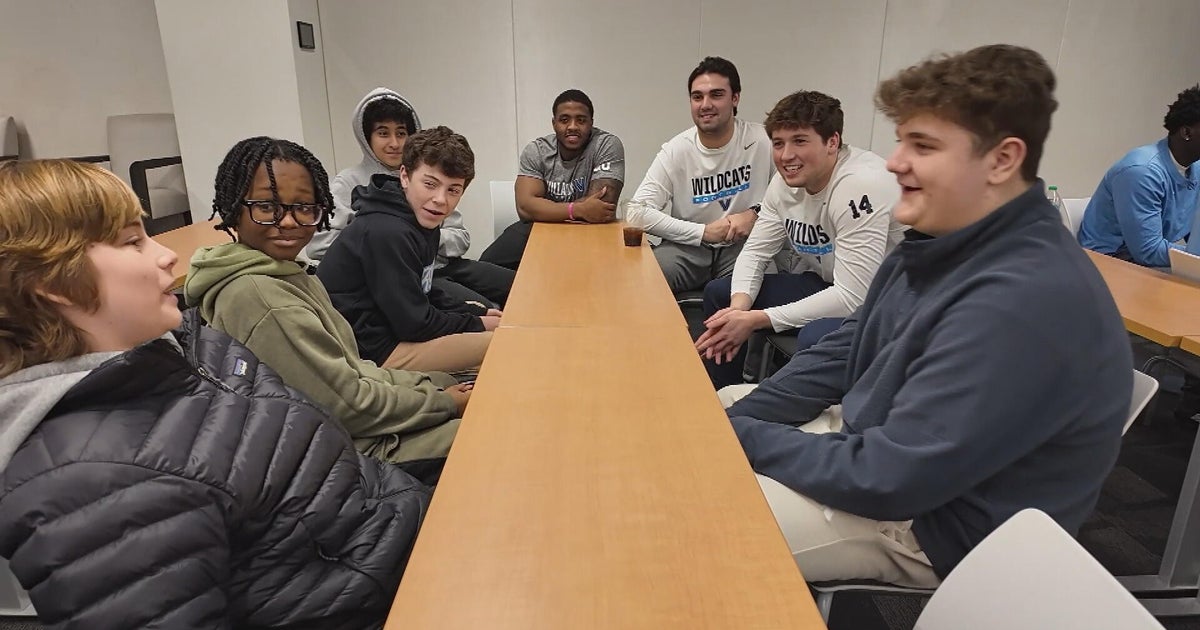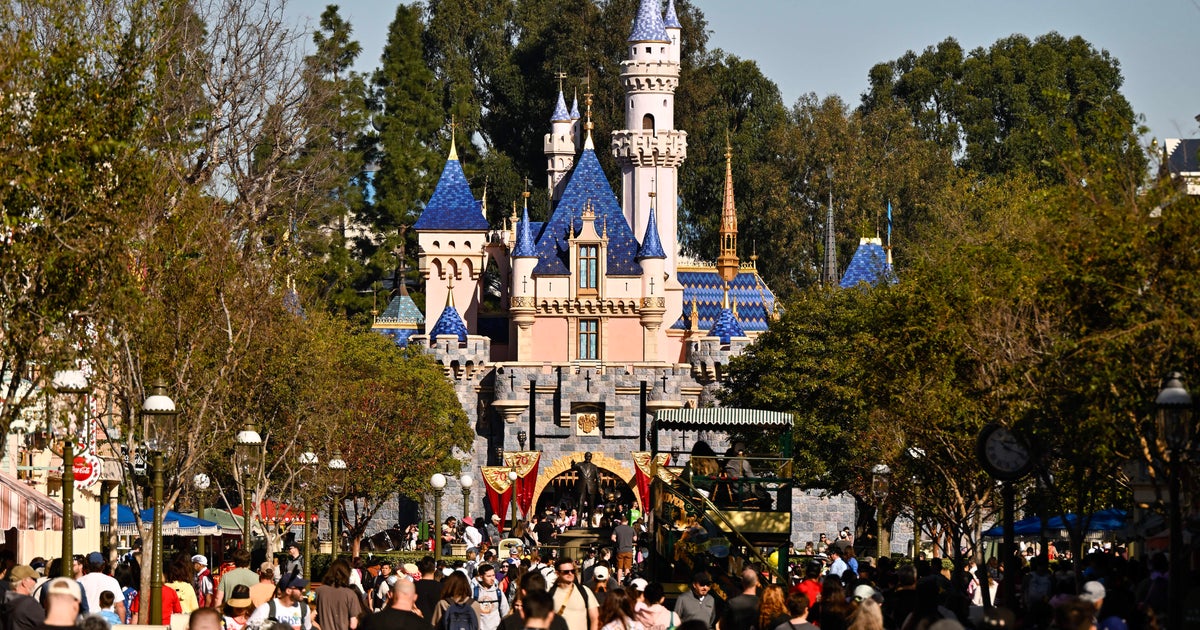After Poor Primary Turnout, June Talk Resurfaces
ST. PAUL, Minn. (AP) — Dismal turnout in another August primary election has rekindled talk of shifting future ones forward to June, a proposal with powerful suitors likely to gain attention during the 2015 legislative session.
The debate over when voters get to cull election fields has been around Minnesota's Capitol for years, but June primary advocates hope it has finally shifted in their favor. Their push has the backing of Democratic Gov. Mark Dayton, incoming Republican House Speaker Kurt Daudt and key state party officials. Opponents are fine-tuning arguments that a June election brings more pitfalls than benefits.
Minnesota has had an August primary since 2010, the year it crept up from September. Turnout was shy of 16 percent that first year, about 9 percent in 2012 and just above 10 percent this year — even with a wide-open Republican race for the party's gubernatorial nomination.
June primary advocates say voting takes a backseat to family vacations in the fleeting days of summer break.
"To me August was an improvement over September, but it's a terrible time of year to get the people of Minnesota to stop enjoying the summer and go and mobilize for the political campaigns," Dayton said this week.
Sen. Dave Thompson, a Lakeville Republican, said an earlier primary would be more valuable for voters by setting up the "featured contest" between candidates of opposing parties sooner. He's not convinced it means bitter campaigning will take over sooner or that political commercials will take root all that much quicker.
Besides, Thompson said, "If you don't like to listen to the ads there's an off button."
State Democratic Party Chairman Ken Martin expects to join forces with GOP counterpart Keith Downey, who has advocated for a June primary in the past. Daudt, now the top House member, has previously been chief sponsor of the legislation.
The proposal's fate rests with buy-in from rank-and-file legislators, many of whom take personal considerations into account. For one, the Legislature typically meets until late May, tying lawmakers down in St. Paul when potential primary challengers are freed up to campaign back in the district. There's also the prospect of special sessions creating a backdrop where legislators on overtime face the real-time wrath of an annoyed electorate.
Election administrators have concerns, too.
"It's just a busy time of year," said Sherburne County Auditor/Treasurer Diane Arnold, president of the Minnesota Association of County Officers.
May is when counties process property tax payments. By June they're finalizing other end-of-fiscal year reports. Moving up the primary would heap on required training of election judges and deadlines for managing voter registrations.
"Let's put it this way: It's going to cost a lot more," said Arnold, who figures counties would have to add staff or pay overtime to get everything done. "You're going to be stressing out a lot of people."
Sen. Warren Limmer, a Maple Grove Republican, said its folly to think a date change will itself generate more voter participation.
"Those of us in office think the public is hanging on our every word and we're deserving of their rapt attention," Limmer said. "I don't think the public is going to be any more focused on us, on elections or political issues whether it is in June, August or September or, for that matter, November."
(© Copyright 2014 The Associated Press. All Rights Reserved. This material may not be published, broadcast, rewritten or redistributed.)

